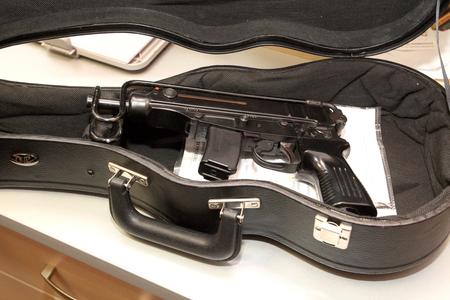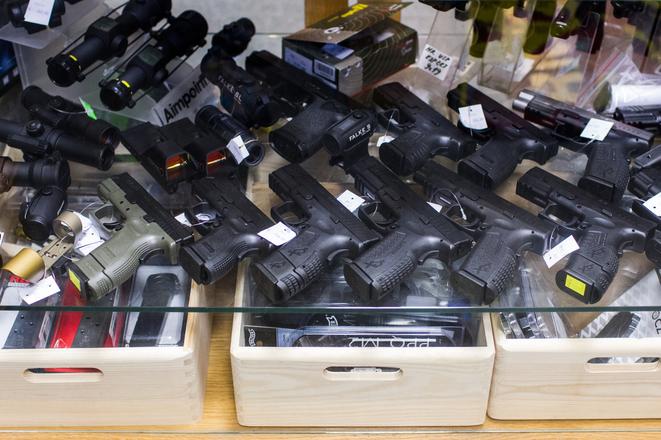The European Parliament wants to make the conditions for possessing firearms much stricter. The new directive will have the biggest impact on the deactivated or so-called expansion weapons which will be banned completely, the Sme daily reported.
Observers expect that the new rules will impact about half of all legally possessed weapons. Their number, according to the Interior Ministry statistics, amounts to more than 320,000, according to Sme.
“The first problem is that the legislation will not fulfill its function,” said Peter Nagy, deputy head of the Slovak Shooting Association, as quoted by the daily.
Instead of fighting terrorists, the new rules will only complicate the lives of sport shooters, he added.

The first information out indicated that the new rules would concern air rifles, which were to be officially registered, but that information turned out to be false. People using these types of guns will still only need to have their ID card with them.
The new rules may cause problems to military history clubs which often use expansion weapons.
“It will be possible to own expansion weapons only with an exception from the Interior Ministry,” Ľudovít Miklánek of the association of firearm possessors Legis Telum told Sme. “Currently, there are about 400 exceptions, but it is unreal to issue them for all weapons.”
Under the new rules, the capacity of the magazines of long semi-automatic firearms will be regulated. It will not be allowed to have more than 10 bullets in them, while currently the number is much higher.
“There are hundreds of thousands of high-capacity magazines, which can be bought in shops, among shooters,” Miklánek told Sme, adding that people who obtained them legally will be additionally criminalised.
In the case of violation of the new rules, authorities will be able to remove the a shooter's gun licence. The only ones entitled for exceptions will be sport shooters, Sme wrote.
Some changes will concern also gun licences, as their validity will be shortened from 10 to five years.
Slovakia now has 15 months to implement the directive into its legislation, Sme wrote.



 Illustrative stock photo (source: SME)
Illustrative stock photo (source: SME)